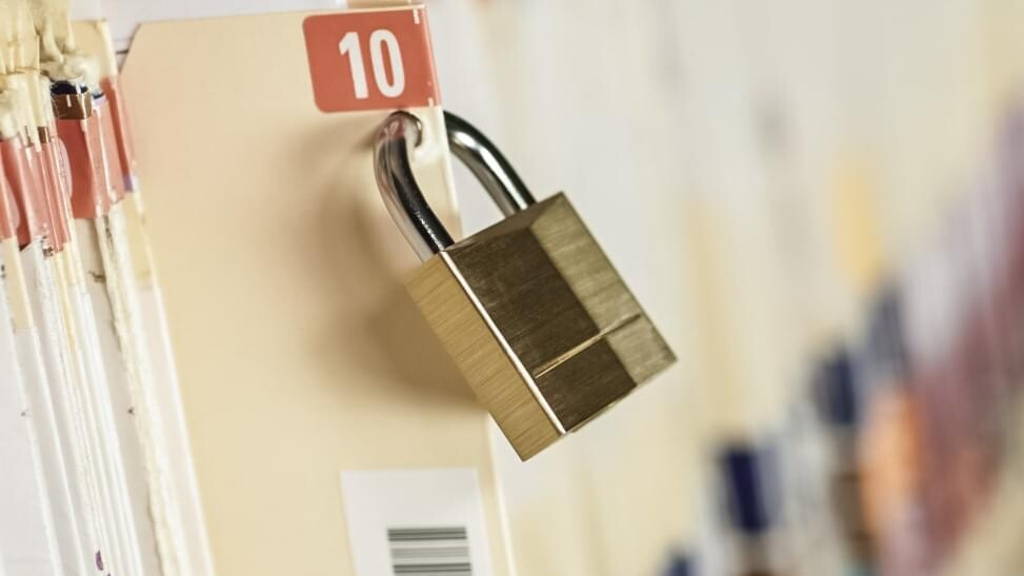The digitization of healthcare is an unstoppable transition. However, it is not yet the almighty force that patients in the survey conducted by Transcend Insight believe it is. The survey showed that patients not only believe that the sharing of information is vital to receiving high-quality care, but also that it is an important factor in making healthcare personalized. It suggests a gap between the level of information sharing that patients expect and what is possible today.
Digital devices to keep up-to-date on their health are being used by 64% of the patients. These digital devices include mobile apps. 71% believed that access to this information could be helpful for their doctor.
The results should be a motivation for healthcare professionals to develop the tools necessary to make interoperability a reality. The patients seem to be on board, now the healthcare industry should start to eliminate the limitations it has when it comes to online sharing of medical information.
Great expectations
97% of patients believe that it is important for health institutions to have access to their full medical history to receive high-quality care. 87% believed it to be vital in receiving personalized care. They tend to overestimate how easily medical data is shared between healthcare professionals, with 72% saying that they believe that their doctors can easily access and share important information. However, a study by American Hospital Association showed that only a quarter of all hospitals are able to functionally exchange (find, send, receive and use) clinical information with external providers.Easy access for personalization
The constant access to medical records proved to be an important factor for patients. 93% stated that the ability for care providers everywhere to easily share and receive important information about their medical history was one of the most important factors in receiving personalized care. Quite remarkable is the amount of patients — 92% — that said that having access to their own medical records was equally as important.Digital devices to keep up-to-date on their health are being used by 64% of the patients. These digital devices include mobile apps. 71% believed that access to this information could be helpful for their doctor.
The results should be a motivation for healthcare professionals to develop the tools necessary to make interoperability a reality. The patients seem to be on board, now the healthcare industry should start to eliminate the limitations it has when it comes to online sharing of medical information.






